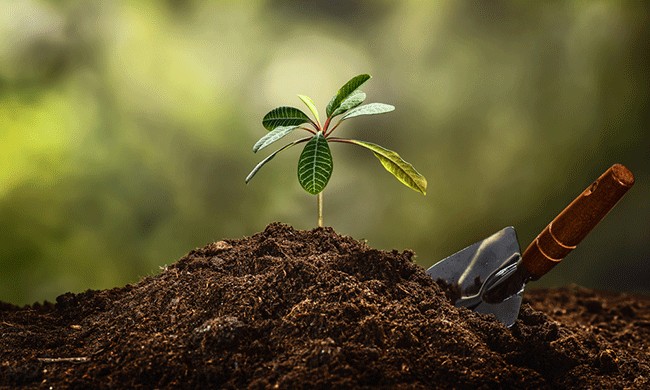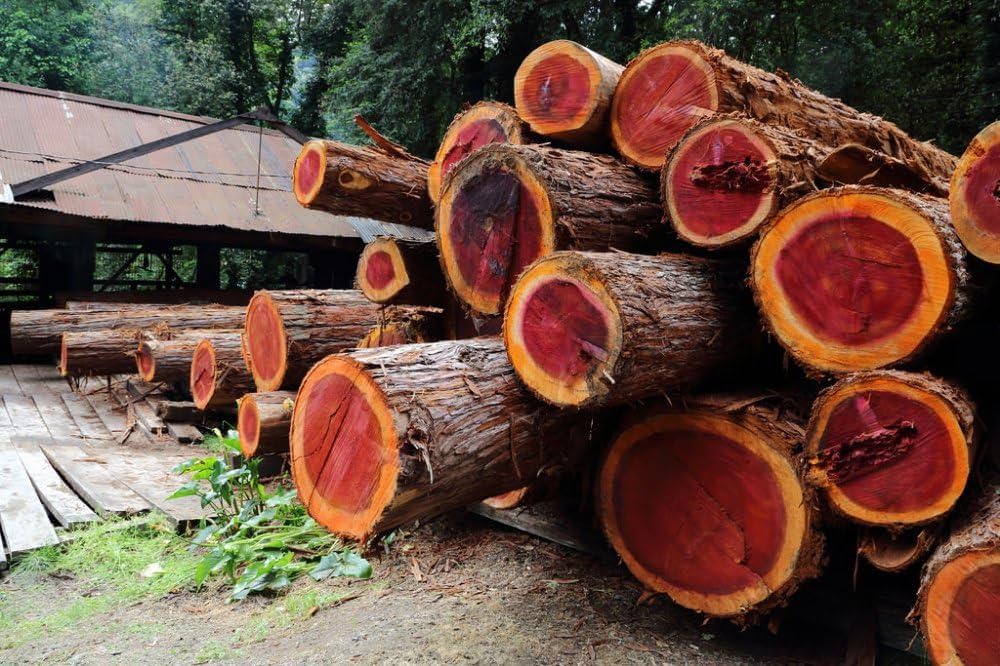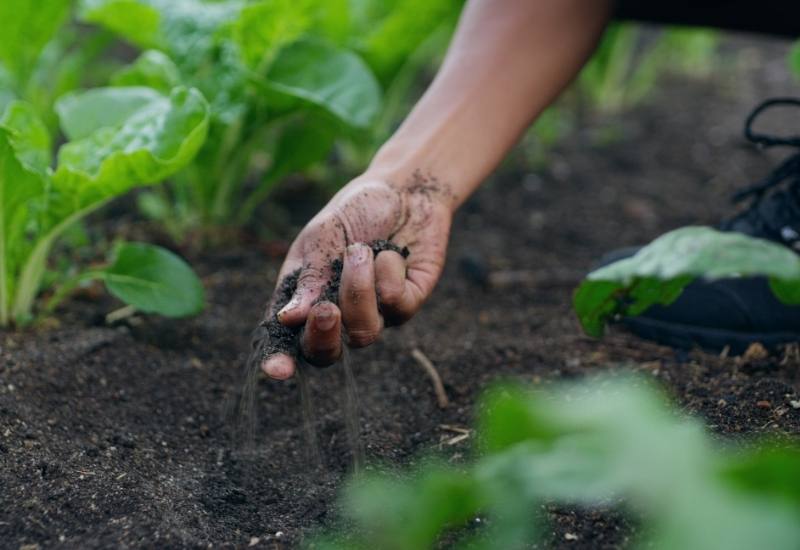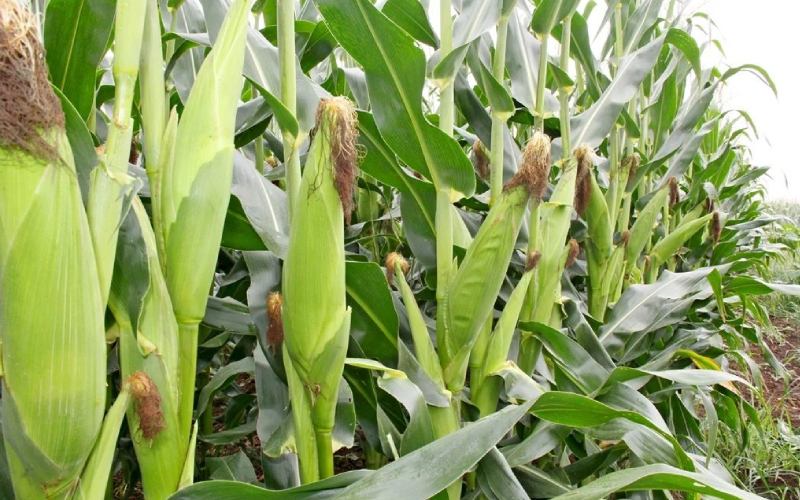- This earth-friendly practice is now being applied to the human body, a concept known as Natural Organic Reduction (NOR) or human composting.
A 2022 law in California, which will come into effect in 2027, will allow for an eco-friendly alternative to traditional burial practices: human composting.
This innovative approach to the end-of-life process is poised to transform the way we think about and handle the remains of our departed loved ones.
Composting is a natural process of recycling organic matter into nutrient-rich soil, has long been hailed as a sustainable solution for managing waste. This earth-friendly practice is now being applied to the human body, a concept known as Natural Organic Reduction (NOR) or human composting.
The process involves placing the deceased’s remains in a steel box filled with biodegradable materials, such as wood chips, alfalfa, and straw. Over the course of about a month, the body naturally decomposes, with the help of these materials, into a nutrient-dense soil. Any inorganic materials, like medical devices, are carefully sifted out, and the skeletal remains are crushed and returned to the soil.
The resulting compost is then offered to the deceased's family, who can use it to plant a tree or donate it to conservation efforts. This final resting place is not only eco-friendly but also deeply meaningful, as the nutrients from the body are returned to the earth, nourishing new life.
Read More
The trees planted with the compost can serve as a source of food and also provide homes for various species of birds and other wildlife. Moreover, these trees act as carbon sinks, making them an asset in the fight against climate change. Trees also produce the oxygen we breathe.
Critics of conventional burials argue that such burials, especially cremations, produce a lot of carbon emissions. This is because the cremation process is dependent on fuel.
Adding compost to soil also offers numerous benefits for plant growth and water conservation. Research shows that a mere 1% increase in organic matter in soil can help it retain an extra 20,000 gallons of water per acre, reducing erosion and water waste.
Composting also has the added benefit of keeping organic material out of landfills, a significant source of human-generated methane. When organic matter breaks down in landfills without access to air, it undergoes anaerobic decomposition, releasing greenhouse gases like methane and carbon dioxide.







